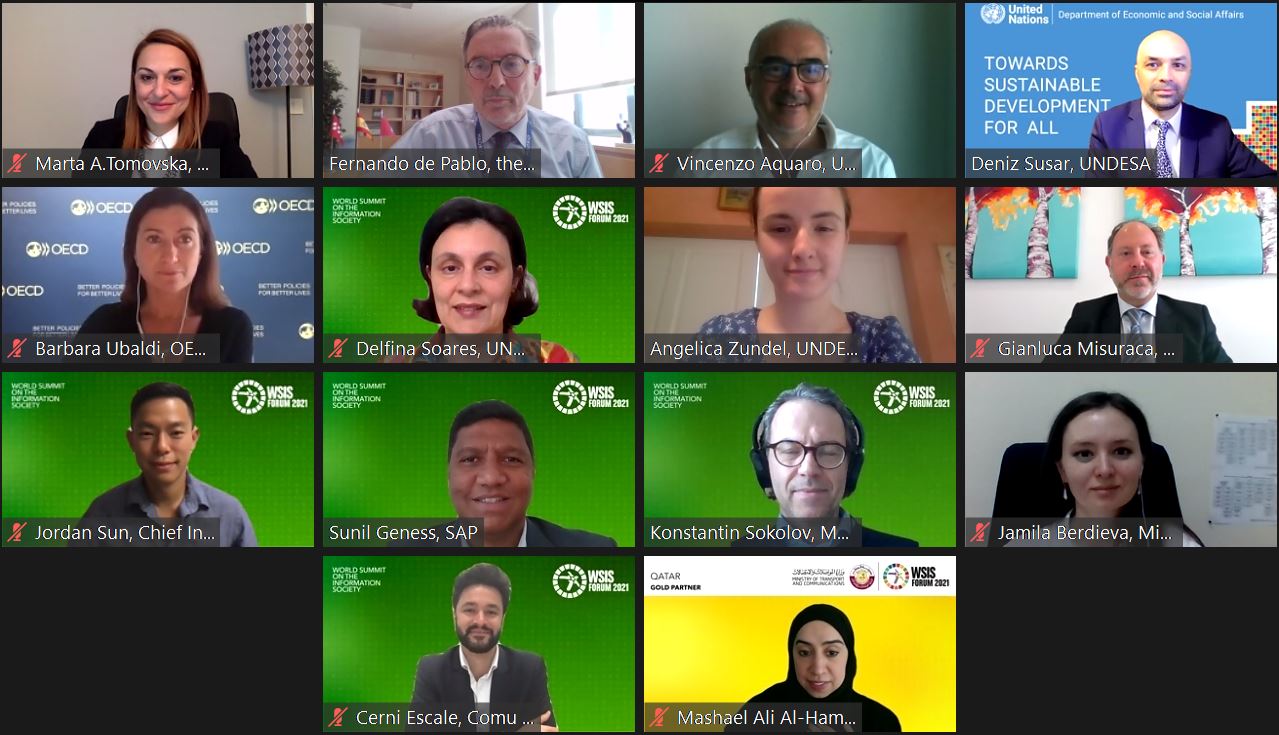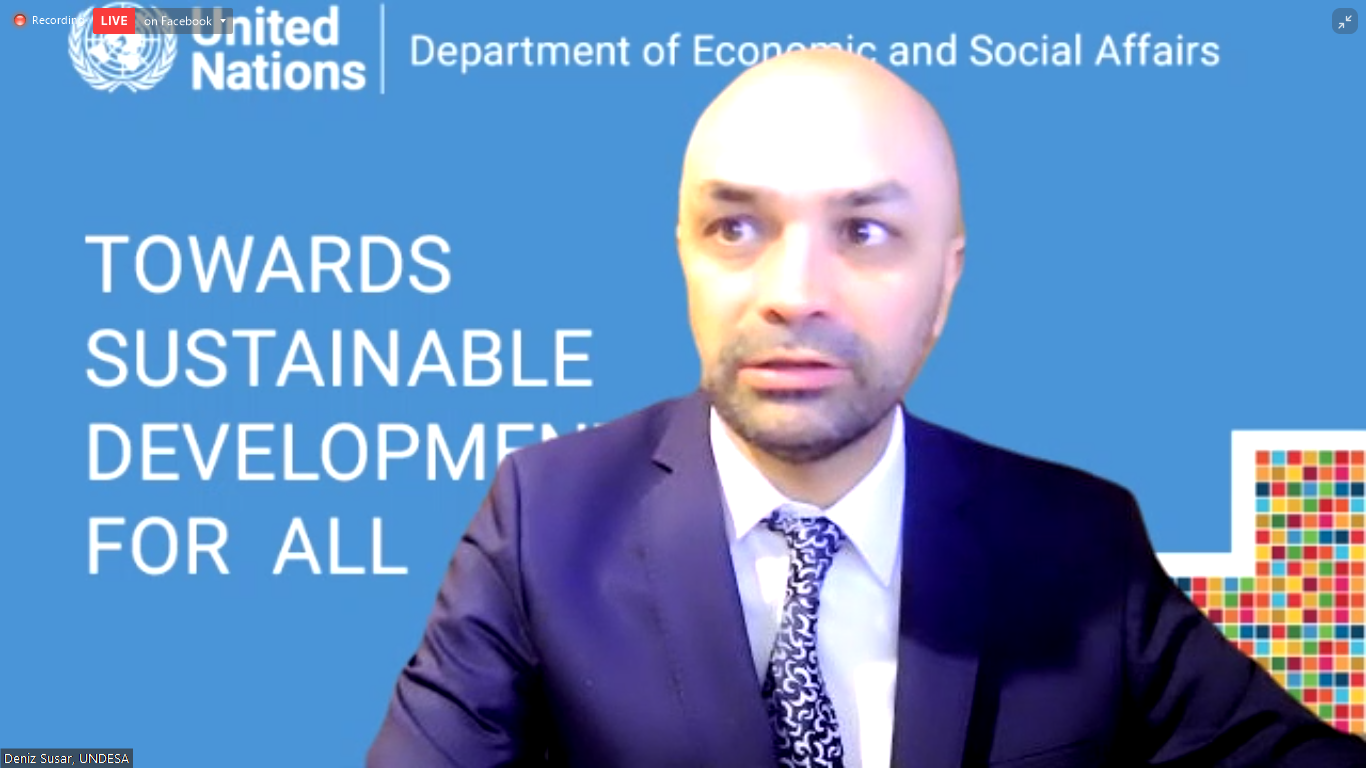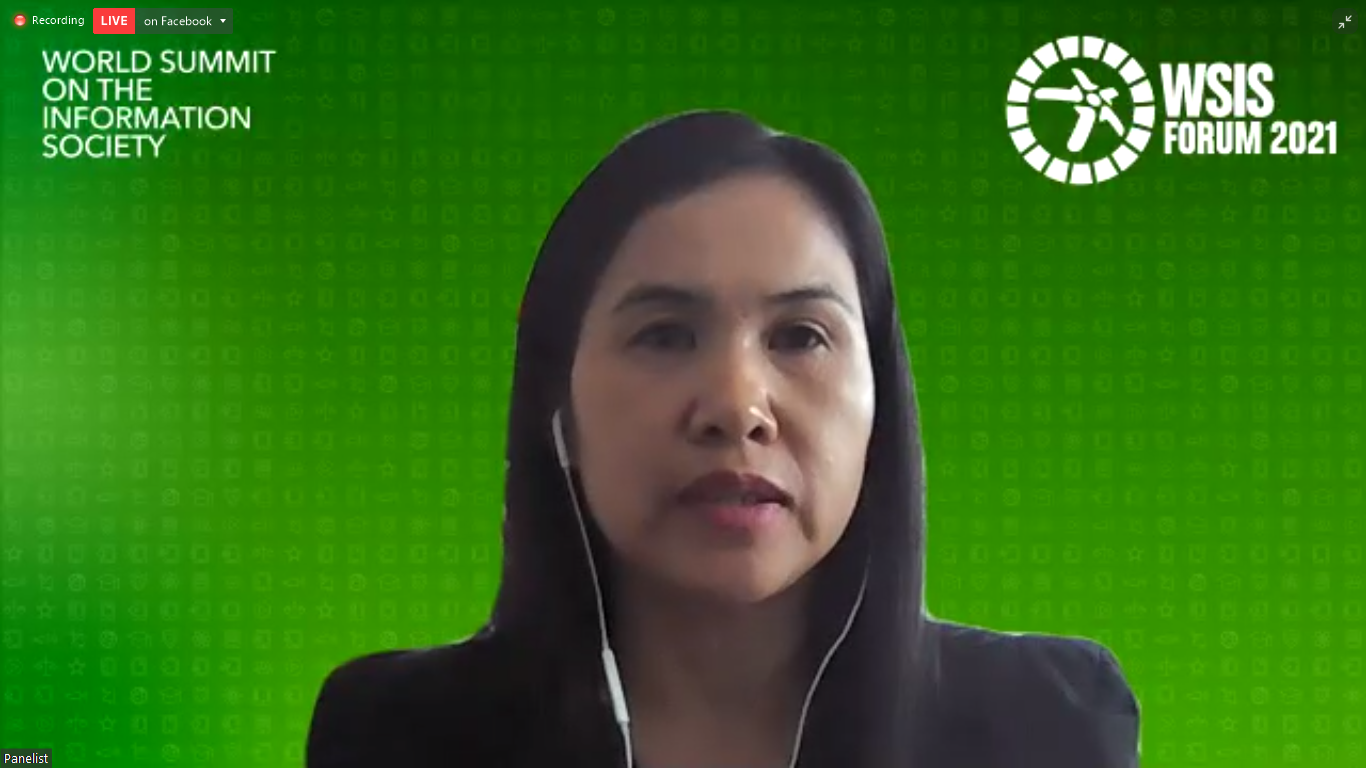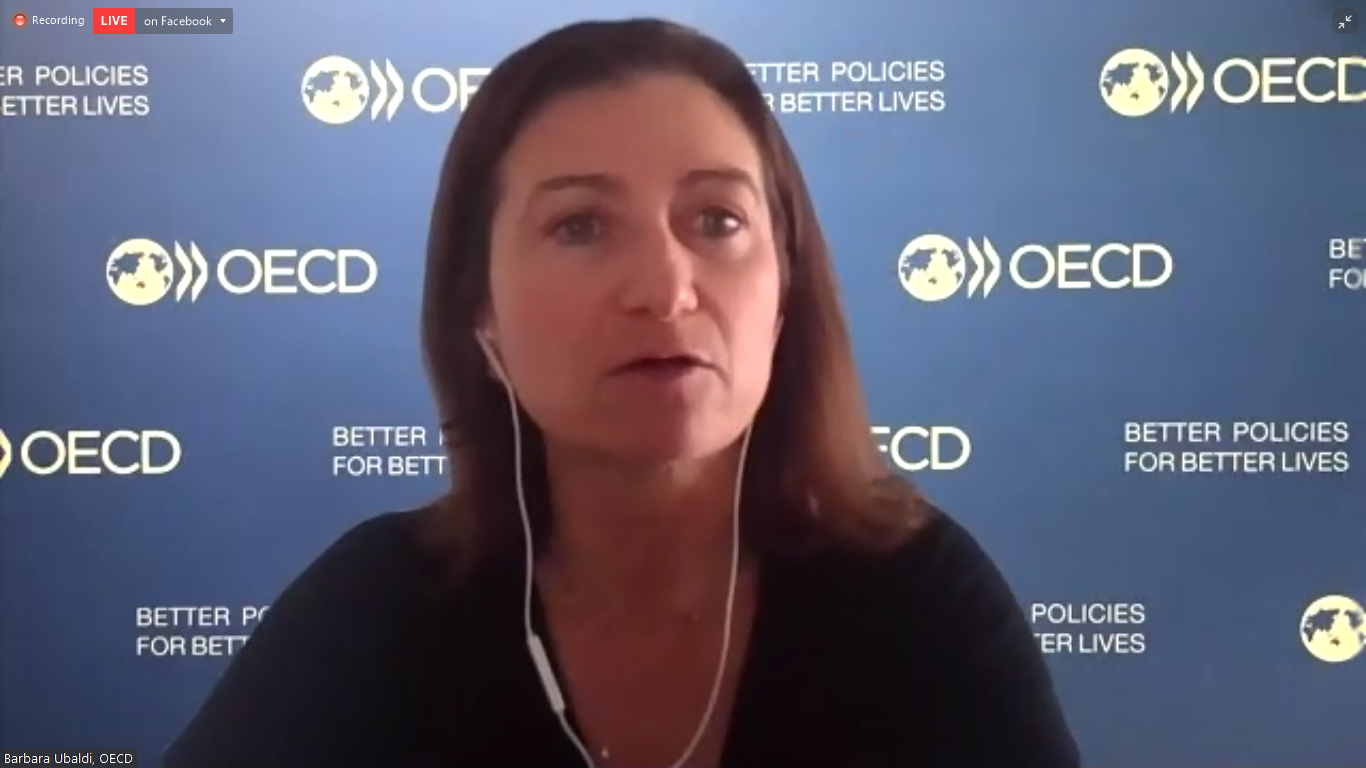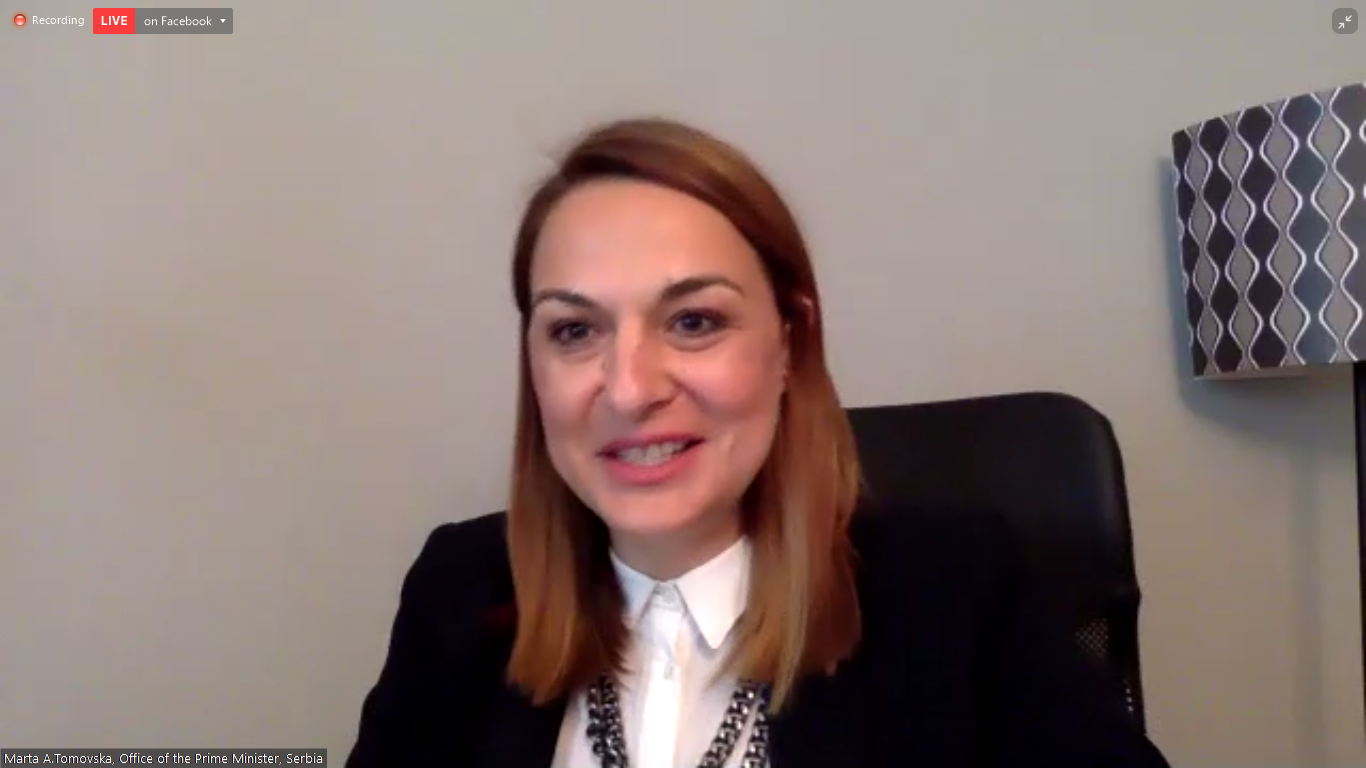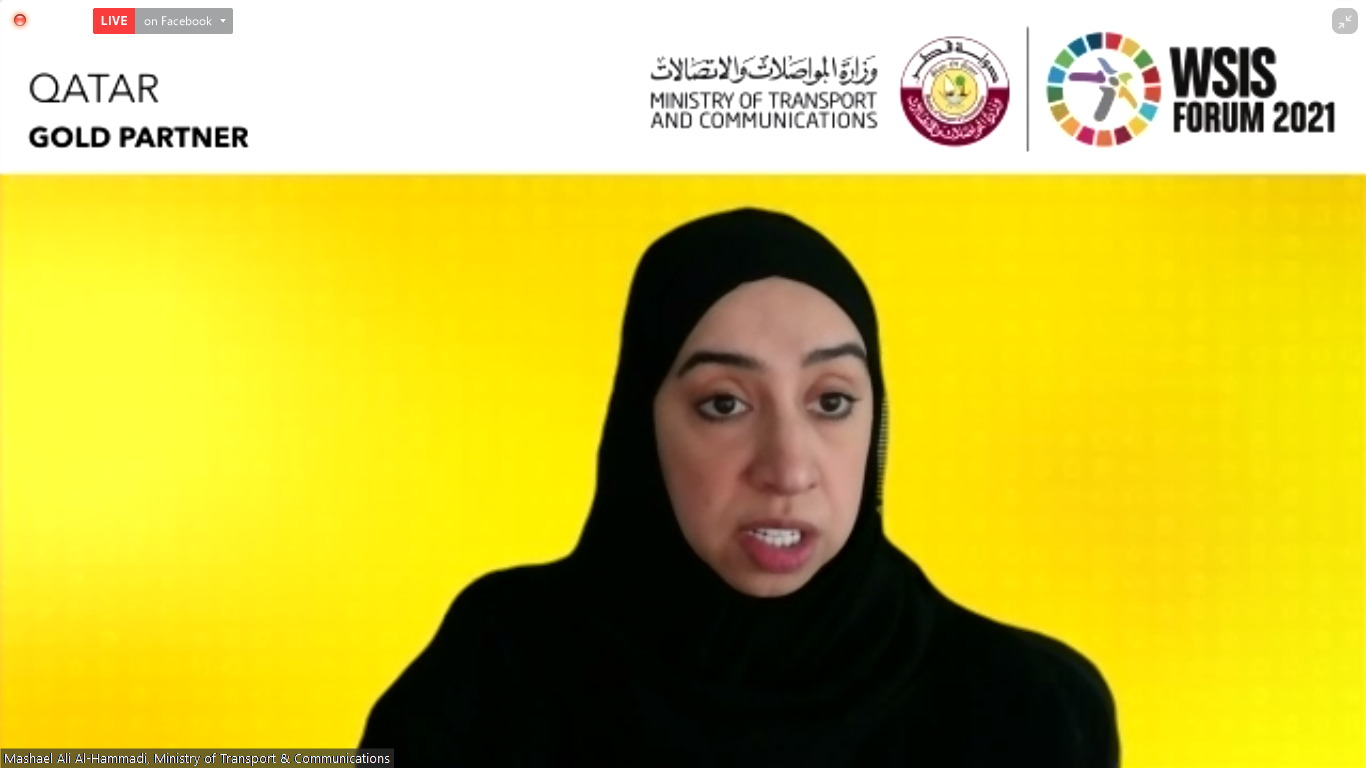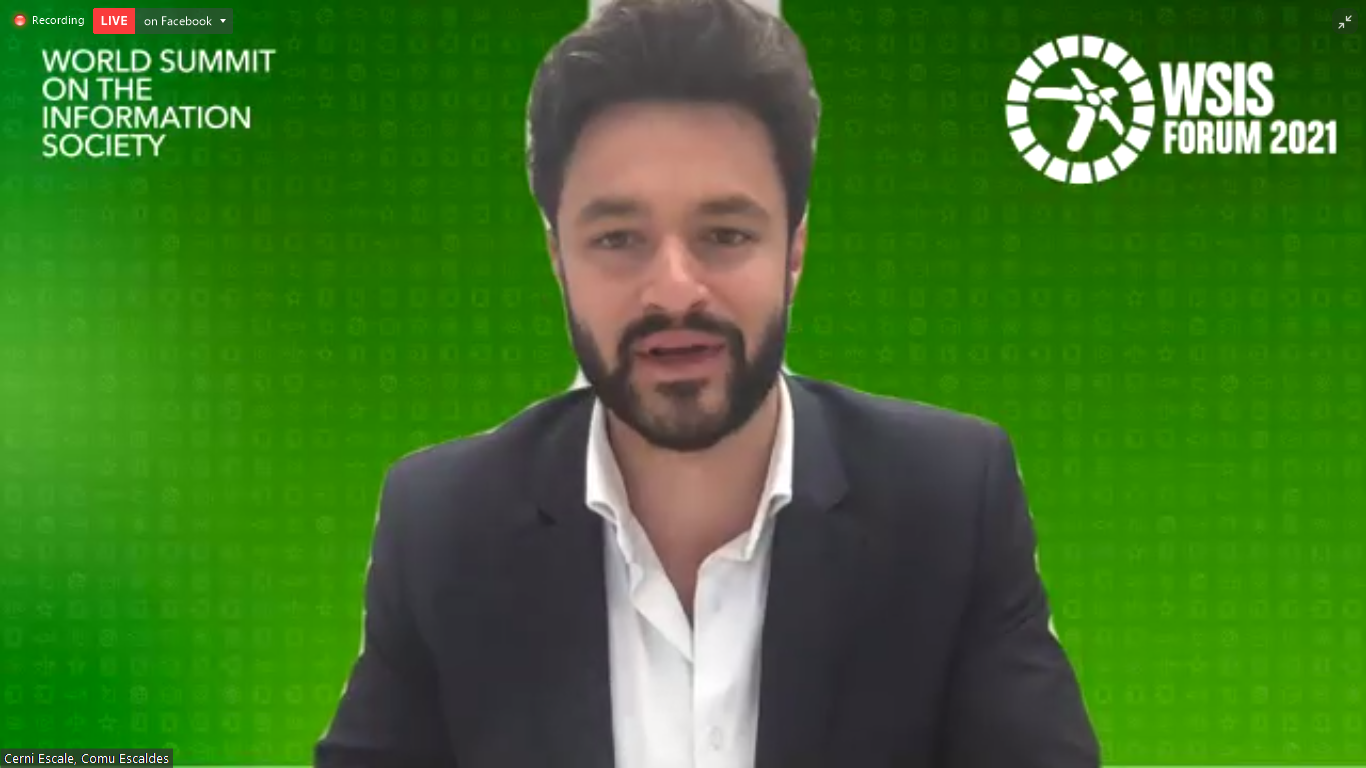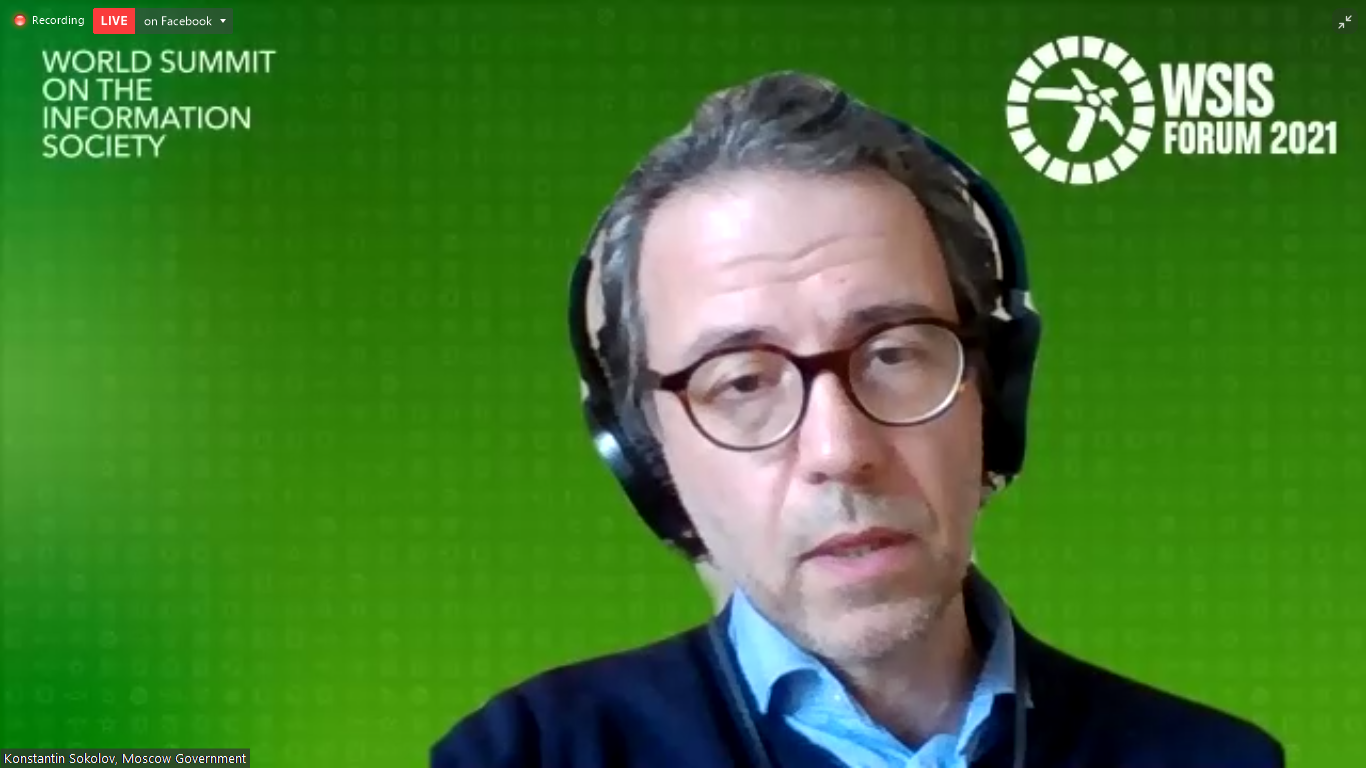Digital government transformation
United Nations Department of Economic and Social Affairs
Session 411
Consultations in preparation for the United Nations E-Government Survey 2022
In addition to WSIS action lines C1, C7 and C11, this session will also serve as a consultation session with stakeholders to gather feedback and suggestions for the UN E-Government Survey 2022.
Since its inception in 2001, the United Nations E-Government Survey has become an indispensable ranking, mapping and measuring development tool for digital ministers, policymakers and analysts delving into comparative analysis and contemporary research on e-government.
The Survey tracks progress of e-government development via the United Nations E-Government Development Index (EGDI). The EGDI, which assesses e-government development at the national level, is a composite index based on the weighted average of three normalized indices. One-third is derived from the Telecommunications Infrastructure Index (TII), one-third from the Human Capital Index (HCI), and one-third from the Online Service Index (OSI)the latter based on data collected from an independent Online Service Questionnaire (OSQ), conducted by UNDESA, which assesses the national online presence of all 193 United Nations Member States, complemented by a Member State Questionnaire (MSQ). The Survey also includes the E-Participation Index (EPI), a supplementary index to the United Nations E-Government Survey focusing on the government use of online services through “e-information sharing”, “e-consultation” and “e-decision-making” and the Local Online Services Index (LOSI), a study assessing progress made in local e-government development through the e-government portals of cities.
Guiding Questions
1. In setting the ground for the future of digital government, and understanding limitation of existing methodological frameworks, what are possible changes/refinements in:
(i) E-Government Development Index EGDI (with sub-indicators OSI, TII, HCI);
(ii) Local online services index (LOSI) for municipalities and cities.
2. Should both the OSI and LOSI analytical framework be organized around 4 areas: Technology, Content, Services, and Participation?
3. How can the E-Government Survey better assess e-participation, that includes the following dimensions:
(i) e-information (providing information; and e-enabling);
(ii) e-consultation (e-dialogue and e-engagement) ;
(iii) e-decision-making (e-collaboration and e-empowerment).
Moderator
Mr. Deniz Susar, Governance and Public Administration Officer, the Digital Government Branch, UN DESA
Setting the Scene
Mr. Vincenzo Aquaro, Chief, the Digital Government Branch, UN DESA
Ms. Delfina Soares, Head, Operating Unit on Policy-Driven Electronic Governance (UNU-EGOV), United Nations University
Ms. Esperanza Magpantay, Senior Statistician, the ICT Data and Statistics Division, Telecommunication Development Bureau, the International Telecommunication Union (ITU)
Speakers
- Ms. Marta Arsovska Tomovska, Director, Team for Public Administration Reform, Office of the Prime Minister, Serbia
- Ms. Mashael Ali Al-Hammadi, Acting Assistant, the Undersecretary Office for Government Information Technology, Ministry of Transport & Communications, Qatar
- Ms. Liz Lutgendorff, Senior Analyst, Cabinet Office, Digital Government service, United Kingdom
- Mrs. Jamila Berdieva, Leading Strategy Specialist, Ministry for development of information technologies and communications, the Republic of Uzbekistan
- Mr. Konstantin Sokolov, the Department for Project Support of the official portal of Mayor and the Moscow Government, Moscow, Russia
- Mr. Fernando de Pablo Martín, Director General, the Digital Office, Madrid, Spain
- Mr. Cerni Escale, Secretary general, Comù Escaldes-Engordany, Andorra
- Mr. Jordan Sun, Chief Innovation Officer, Government of San Jose, San Jose, California
- Ms. Barbara-Chiara Ubaldi, Senior project manager, Digital Government and Open Data within the Division for Public Sector Reform of the Public Governance and Territorial Development Directorate, OECD
- Mr. Gianluca Misuraca, Senior Research Associate, Politecnico di Milano
- Mr. Sunil Geness, Director, Global Government Affairs & CSR of SAP AFRICA
-
 C1. The role of governments and all stakeholders in the promotion of ICTs for development
C1. The role of governments and all stakeholders in the promotion of ICTs for development
-
 C7. ICT applications: benefits in all aspects of life — E-government
C7. ICT applications: benefits in all aspects of life — E-government
-
 C11. International and regional cooperation
C11. International and regional cooperation
-
 Goal 9: Build resilient infrastructure, promote sustainable industrialization and foster innovation
Goal 9: Build resilient infrastructure, promote sustainable industrialization and foster innovation
-
 Goal 11: Make cities inclusive, safe, resilient and sustainable
Goal 11: Make cities inclusive, safe, resilient and sustainable
-
 Goal 16: Promote just, peaceful and inclusive societies
Goal 16: Promote just, peaceful and inclusive societies
-
 Goal 17: Revitalize the global partnership for sustainable development
Goal 17: Revitalize the global partnership for sustainable development
Facebook page: @joinundesa
Twitter page: @UNDESA
DPIDG email address: dpidg@un.org
